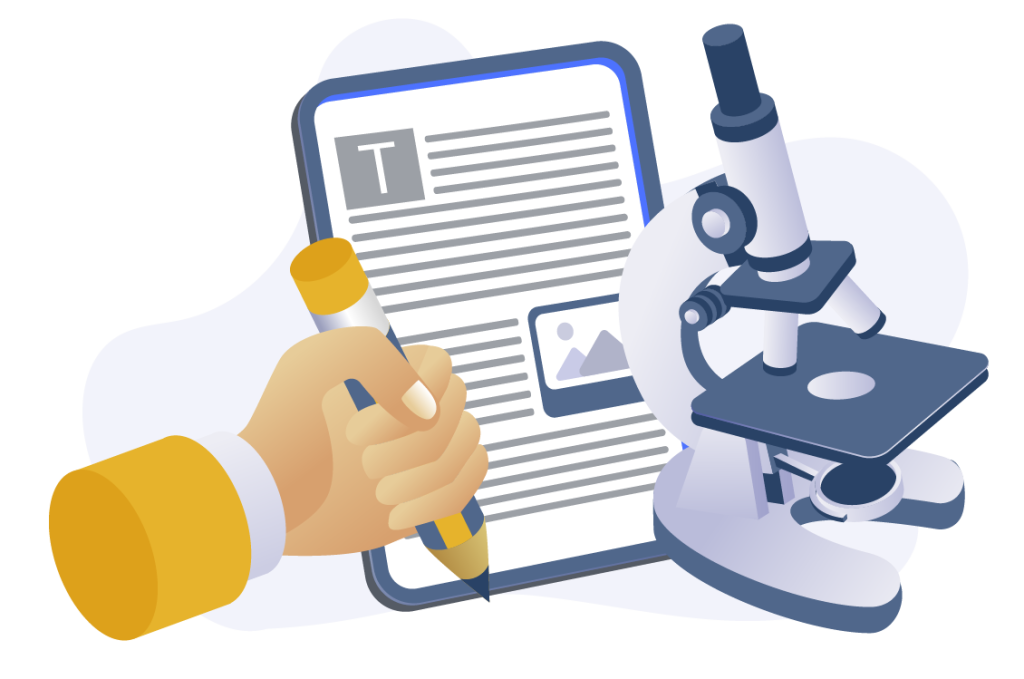- Services
Our Work
 Discover how our language solutions have enabled Cama Group to sustain their international operations in the Uk, Germany, United States, China and Australia.
Discover how our language solutions have enabled Cama Group to sustain their international operations in the Uk, Germany, United States, China and Australia.
Our Work

Publishing your scientific research on an international stage requires precision and clarity. Our specialized scientific translation services are designed to meet the high standards of academic and professional publications, ensuring your work reaches its intended audience without losing its integrity.


Ensuring that your data, findings, and terminology are translated correctly.

Maintaining uniform terminology throughout the document.

Keeping your research secure and confidential.
Each field requires a deep understanding of its specific terminology and context, which our translators excel at. Our team of professional translators possesses extensive expertise across various scientific fields, including:
Translating clinical trials, legal documents, and research results with precision.
Covering biology, astronomy, zoology, chemistry, geology, and physics.
Handling anthropology, sociology, psychology, political science, and economics.
Translating research papers in both theoretical and applied mathematics.



Via Napo Torriani, 29 – 20124 Milan Tel. +39 026 797951
Yellow Hub S.r.l. | Share capital: €50,000 | VAT: 00824050967 | Tax code: 06338220152